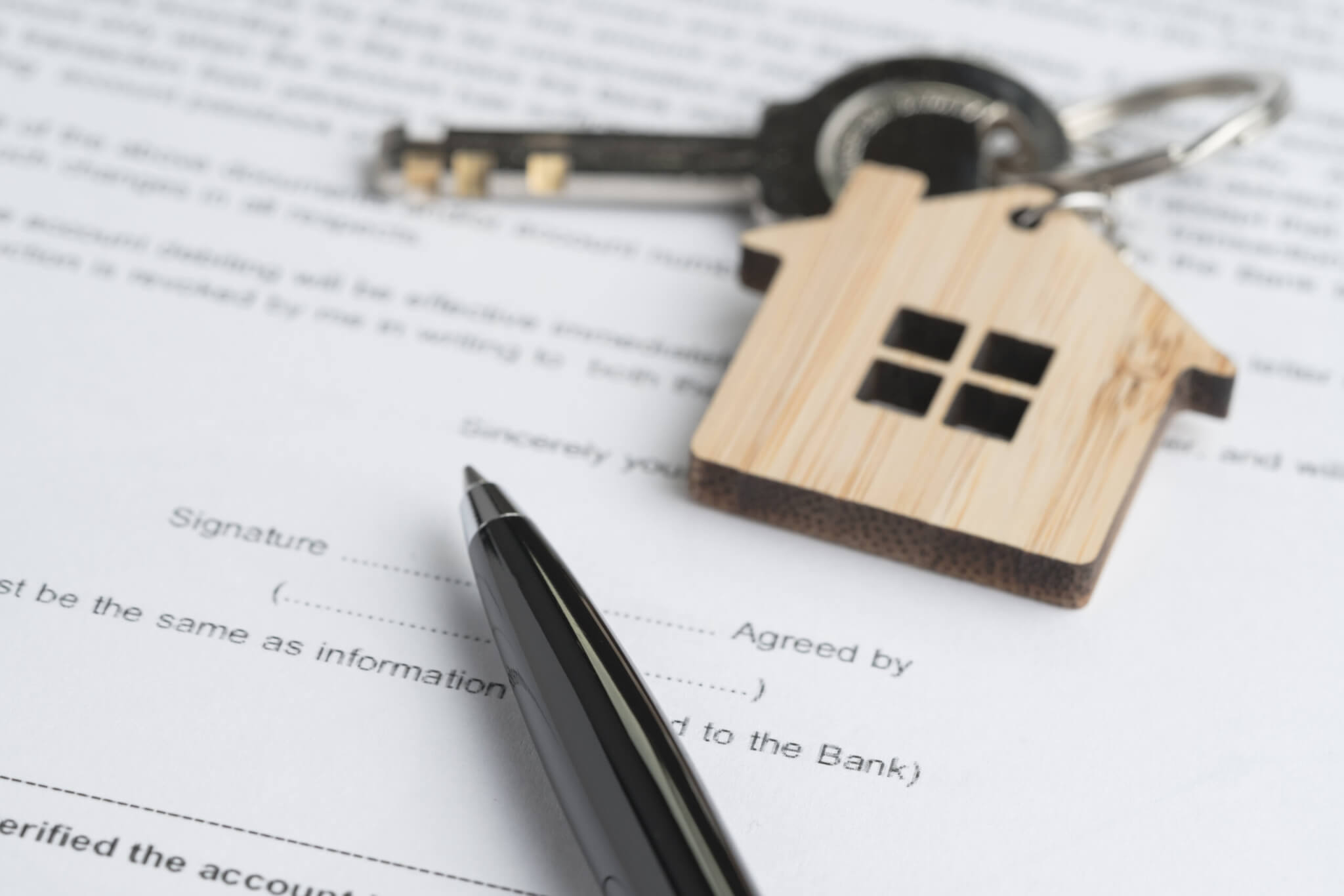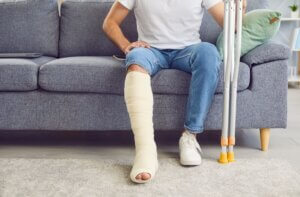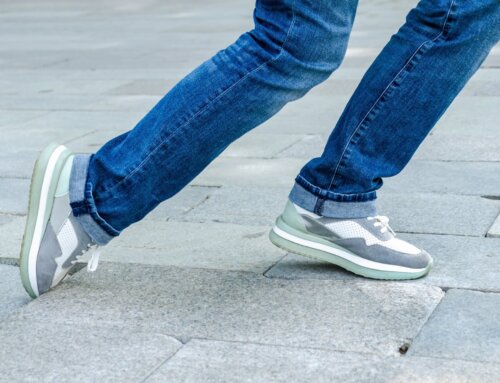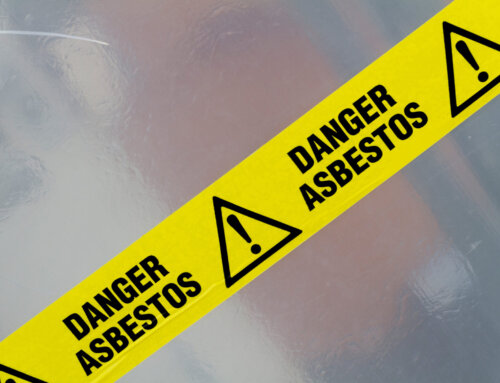Most of us naturally feel safest in the comfort of our homes. However, figures published by RoSPA reveal that home is where most accidents occur, with some 6,000 people being killed each year in their place of residence.
While we can all take steps to mitigate any issues that pose a risk to ourselves and our families, such as clearing away tripping hazards, for those living in rental property, some issues are simply out of their control. Tenants are reliant on their landlords, who owe a duty of care to their tenants, to remedy any dilapidations in the properties being rented to ensure their safety.
A landlord who fails in their duty of care by neither carrying out regular inspections nor maintaining the property will suffer serious consequences as a result of their carelessness, leading to an accident in which the tenant suffers injury.
The information in this article applies equally to those who rent private property and those who rent Council (Local Authority) property.
When is your safety your landlord’s responsibility?
Landlords legal duties to protect the health and safety of their tenants come from common law (developed by judges) and statutory law (made by Parliament). The extent of a particular landlord’s duty will depend on a number of factors, but the majority of personal injury claims by tenants will come under either:
- Section 4 of the Defective Premises Act 1972 (DPA 1972), or
- Negligence under common law
Whether you can hold your landlord responsible and claim compensation will depend on the specific facts of your case.
For example, the Defective Premises Act 1972 imposes a duty on landlords to prevent personal injury caused by a defect in a rented property as long as they have a duty to maintain or repair that defect under the tenancy agreement.
Even if your tenancy agreement is silent on that point, a duty may be implied by the Landlord and Tenant Act 1985 as long as the tenancy term is no longer than seven years (which covers most lease terms). The scope of that implied duty is pretty limited, though, covering only issues with the building’s structure and installations like sinks and toilets.
Under the Defective Premises Act, a landlord’s duty covers not only defects they were aware of but also those they ought to have been aware of.
Accordingly, you do not need to have informed your landlord about the defect or disrepair for them to have a duty to maintain or repair it.
However, it is always a good idea to notify your landlord of any defects as soon as you notice them to:
- prevent an accident, and
- stop the landlord from claiming that the defect was not one they ought to have been aware of.
Some statutory law specifies that you must notify the landlord of a defect in the premises for them to be held responsible for fixing it.
So, whether this proviso applies to you or not, immediately you find a property defect, report it to your landlord as a matter of course!
A tenant who suffers injury because of a defect in the rental property may be able to bring a claim against their landlord under the Occupiers’ Liability Act 1957 (OLA 57) if, under the terms of the tenancy agreement, the landlord has a duty to repair and fails to do so. For this purpose, the landlord will be the ‘occupier’ whose duty of care is to ‘visitors’ to the property and in this situation, the tenant is considered a ‘visitor’.
However, if there is no clause in the agreement making the landlord responsible for repairs to the premises, it’s probable that OLA 57 would not help the tenant, who could then be considered the occupier. For a more in-depth read about Occupiers Liability Act Claims, see our Occupiers Liability Claims Legal Guide
If you’re unsure how to bring a landlord and tenant injury claim, contact our personal injury team at Mooneerams Solicitors on 029 2199 1927 for advice without obligation!
What types of accidents might your landlord be responsible for?
Some examples of the types of accidents your landlord may be responsible for include:
- Slips, trips, and falls can occur on poorly maintained entrances, staircases, or bannisters, over loose paving slabs, down unsafe garden steps, or on water leaking through a defective roof.
- Scalds from faulty hot water systems.
- Lacerations from damaged windowpanes.
- Broken bones or head injuries from collapsing walls or ceilings.
- Electric shocks from faulty wiring.
- Accidents occurring on common parts, such as tripping due to insufficient lighting or obstructions that the landlord should have cleared away.
What should you do if you are injured in your rented home?
- First, notify your landlord of any potential hazards before they can cause injury. Not only will this give your landlord a chance to fix them, but any subsequent personal injury claim will be more straightforward if your landlord was made aware of the problem and failed to do anything about it. Keep a note of your correspondence to rely on later.
- Your safety and that of anyone else involved in the accident should be your priority. If the hazard poses an ongoing risk, such as a collapsed roof, you should make your way to a place of safety.
- You should then get medical help. In the case of serious injuries, you may need to call an ambulance or head to A&E. If your injury is less serious, a trip to your local minor injuries clinic or your GP may suffice. You should never ignore an injury as ‘one of those things’. Getting prompt medical attention can significantly improve your chances of a quick recovery.
Once you’re safe and have sought medical help, you should think about gathering evidence in support of any future personal injury claim, if possible. Examples of the types of evidence that may help include:
- Photographs of the scene.
- Pictures of your injuries.
- Your medical notes.
- Your recollections of the accident.
- Witness accounts of what happened.
- Receipts for any medical treatment or medication you received to treat your injuries.
- Receipts for any travel costs you incurred as a result of your accident, for example, to and from medical appointments.
In the aftermath of an accident, particularly a serious one, gathering evidence for a personal injury claim will be the last thing on your mind. Don’t worry if you don’t get a chance to gather relevant information. If you decide to bring a rental property disrepair claim, it’s your solicitors job to build the strongest possible case for you, and source everything needed.
How much compensation are you entitled to?
If you suffer injury as a result of the negligence of your landlord, you will be entitled to pursue a personal injury claim against them.
The purpose of personal injury compensation is to put the victim back in the position they were in before their accident happened, insofar as money ever can. You’ll be entitled to special damages, which cover any financial losses, and general damages, which compensate you for your pain, suffering, and loss of amenity.
Examples of the items you can include in your special damages claim include medical expenses, travel costs, and loss of earnings. You’re expected to mitigate those losses wherever possible by keeping expenses to what is required and reasonable in amount.
Your general damages award will be based on various factors, including your injury type, its severity, and its impact on your life. You can claim for both physical and psychological injuries.
Our compensation calculator will give you an idea of the level of general damages you might expect. However, these figures are only intended to provide a rough guide.
How much personal injury compensation you receive will depend on the medical evidence your solicitor gathers and the unique circumstances of your injuries. (No two injury claims are exactly alike!)
Your solicitors will arrange for you to undergo a medical assessment or several assessments if required. A medical expert (usually a consultant physician) will conduct an examination and ask questions to assess the severity of your injuries and your likely prognosis.
Once medical reports are to hand your solicitor will be in a better position to put a value on your claim. During the claims process, your solicitor will use the medical evidence obtained to ensure recovery of the maximum amount of compensation possible for you.
How can you fund your claim against your landlord?
At Mooneerams Solicitors, we act for most clients on a No Win, No Fee basis.
If you think you may have grounds for bringing a landlord and tenant personal injury claim against your landlord but would like to discuss it with an experienced personal injury lawyer beforehand, contact Mooneerams now on 029 2199 1927 for a confidential call with one of our friendly team, without any obligation to take the matter further.










